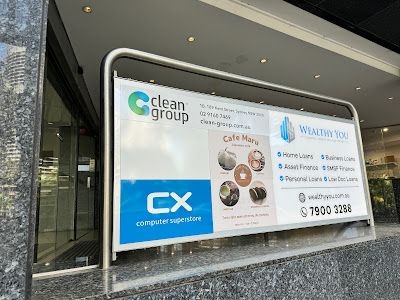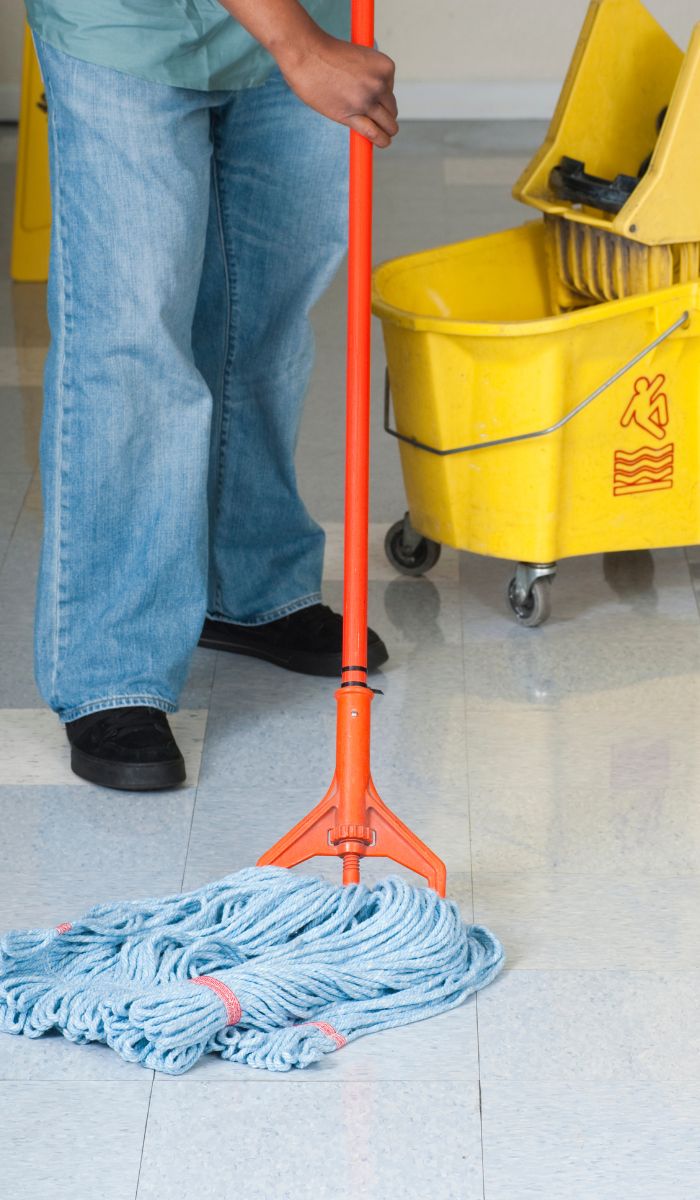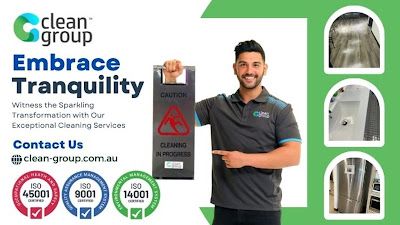
Typical Consumables in Cleaning Contracts
Consumables Usually Included in Commercial Cleaning Contracts
In retail settings, commercial cleaning supports brand perception and consumer trust. Stores, malls, and showrooms must present an immaculate appearance to encourage customer engagement and repeat business. Floors must be spotless, restrooms fresh, and fitting rooms consistently maintained. Cleanliness in these areas often correlates with how customers perceive the quality of the products and services offered. Retail businesses may also require cleaning services during specific time windows to avoid interfering with operations, demanding flexibility and responsiveness from the cleaning staff.
The impact of cleaning extends beyond the obvious hygiene and aesthetic benefits. Well-maintained environments contribute to the overall well-being and morale of individuals who work, live, or visit those spaces. Clean Group provides comprehensive and professional Daily Commercial Cleaning Services across Sydney, NSW. Our fully insured, trained, and security-verified cleaners ensure your workplace stays spotless and hygienic. Schedule a free onsite quote today—book online or call us at 02 9160 7469. Get your obligation-free commercial cleaning estimate for offices, buildings, and other business spaces in Sydney.. Research has shown that clean environments have a positive effect on productivity, employee satisfaction, and even customer experience. In office spaces, a clean and organized environment can help reduce stress and improve focus, leading to better performance from employees. Similarly, a clean restaurant or hotel room can improve a customer's experience, leading to better reviews and repeat business.


